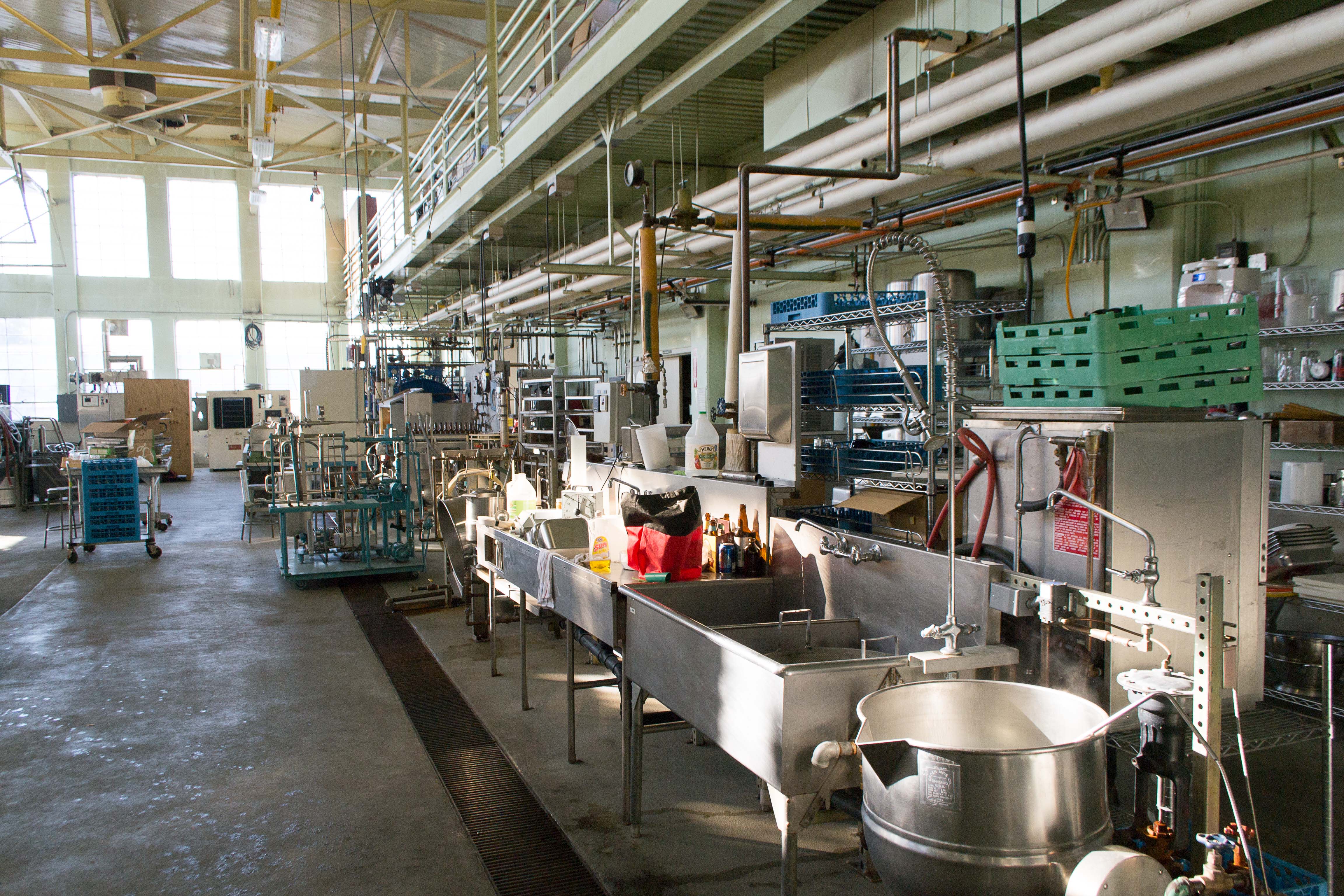
Photo from academic.microsoft.com
Given the growing interest in high quality hibiscus teas and the scarcity of information about their sensory profile, lexicons were developed in French, Portuguese, and English. Twenty-two samples, including freshly… Click to show full abstract
Given the growing interest in high quality hibiscus teas and the scarcity of information about their sensory profile, lexicons were developed in French, Portuguese, and English. Twenty-two samples, including freshly prepared and ready-to-drink (RTD) infusions, syrups, concentrates, and an instant tea were evaluated by trained panelists, resulting in 21 defined and referenced descriptors, subsequently assembled in a sensory wheel. The vocabulary used by untrained panelists was investigated in Senegal, Portugal, France, and United Kingdom through professional meetings (n = 30), consumer focus groups (n = 75) and check-all-that-apply (CATA) studies (n = 490), resulting in graphical lexicons with 27 sensory and 15 overall impression terms. Training, food culture, and product familiarity influenced results. Trained panelists used precise terms to describe the aromatic profile of hibiscus teas (e.g., “reminiscent of dried hibiscus flowers,” with “berry,” “raisin,” “hay,” and “sweet” aromatic notes), whereas untrained ones were more prolific in general expressions (e.g., “strong in hibiscus” in Senegal; “floral” and “fruity” in Europe). Practical applications This work provides a foundation for sensory research on hibiscus teas and practical support for product optimization processes, whether through hibiscus cultivar selection and breeding, improvement of harvest and postharvest operations or tea processing methods. Moreover, new lexicons will facilitate communication between the actors involved in the development, production, and marketing of hibiscus extracts and products thereof across Africa, Europe, and North/South America. Finally, potential drivers of hibiscus tea acceptance in both traditional and new markets are also identified.
Journal Title: Journal of Sensory Studies
Year Published: 2017
Link to full text (if available)
Share on Social Media: Sign Up to like & get
recommendations!